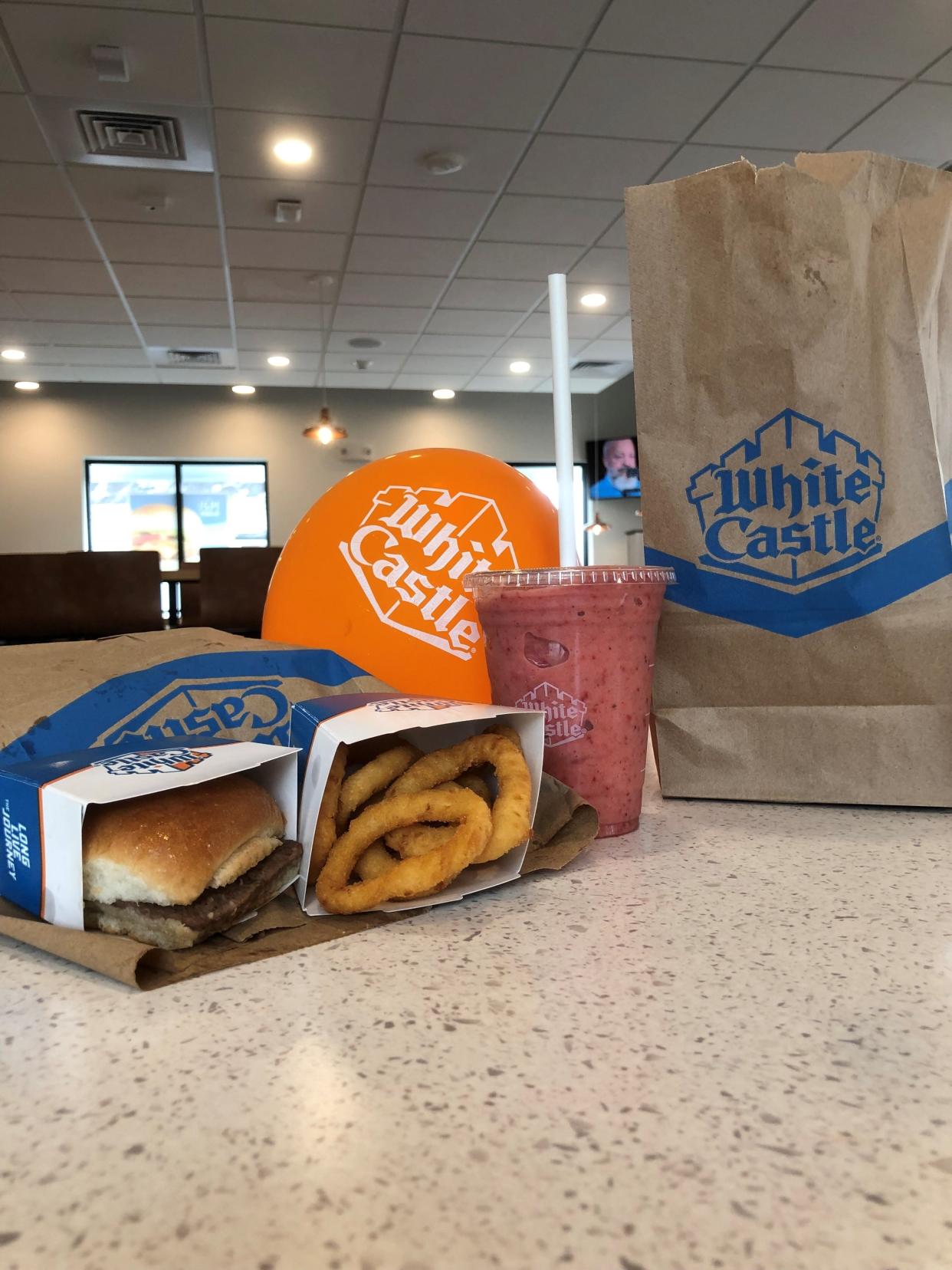Clintonville group's White Castle, Wendy's boycott as bad as Bud Light, Target ban| Opinion

Mary Ann Edwards, a retired Dispatch editorial writer, serves on the board of directors of the Central Ohio Chapter of the Society of Professional Journalists.
Boycotts of popular products and well-established businesses are the wrong approach to making a political point and even can backfire entirely, driving people to embrace the opposite viewpoint of what the boycott intended.
The far-right political wing, which wants to end diversity and accommodation of people within the LGBTQ community, launched a boycott of Bud Light beer and then attacked Target, because the retailer was selling Pride Month-oriented merchandise.
More: Bud light sales, Dylan Mulvaney's beer ad and whether boycotts actually work
Amelia Robinson: What Kid Rock can learn about Bud Light and Dylan Mulvaney from 6-year-old
Locally, the Clintonville Area Progressives group urges people to stop patronizing businesses that are “associated with the Ohio Restaurant Association’s endorsement of Issue 1.” The Clintonville group’s statement names companies for which the ORA board directors work, including Cameron Mitchell, Wendy’s, Rusty Bucket, Firehouse Subs and White Castle restaurants.
What the Clintonville group and all Ohioans would do well to remember is that the ORA — as a trade association for Ohio’s restaurants, food-service vendors and the hospitality industry — represents more than 7,000 places in the state that anyone might go out to eat.
Ohioans refusing to eat in those restaurants will cut the paychecks and tips of tens of thousands of fellow Ohioans who work there.
Our view: A 'yes' vote on Issue 1 would drive dagger in Ohio's 'heart'
The people hurt the most by such a boycott are not the executives and decision-makers of the ORA and corporations but the very people whom the Clintonville Area Progressives certainly would like to see voting No on State Issue 1 on Aug. 8. Is denying people income a good way to persuade them to vote No?
State Issue 1 seeks to raise the number of votes needed to approve an amendment to the Ohio Constitution from the current simple majority to a supermajority of 60 percent. State Issue 1 attacks the key principle of democracy that majority rules. That principle applies to every election of a candidate and even to this State Issue 1, which, because of current law, would need only a single vote above 50 percent of the votes cast to pass.
The Republican-gerrymandered legislature on May 10 tuned out the loud protests from Ohioans at the Statehouse urging them to abandon their plan to stop the majority-rule method, which has been used for more than 100 years to change the Ohio Constitution. In fact, State Issue 1 would demand a higher percentage of votes for passage of an amendment than the Ohio Constitution itself drew when 53.46 percent of voters approved it in 1851.
More: What to know about Ohio Issue 1 on November 2022 ballot
Republicans think requiring 60 percent supermajority approval will defeat a whole host of proposed constitutional amendments headed to voters, including ones to re-establish abortion rights and to stop gerrymandering.
The GOP’s bogeyman of a possible amendment to raise the minimum wage scared restaurant industry execs and the Ohio Restaurant Association into endorsing State Issue 1.
As for beer drinking suddenly becoming a political statement, Anheuser-Busch is a central Ohio employer, and a huge sign on one of the structures at the brewery, visible from I-270, says, “Bud Light.”
Bud Light has been the nation’s top-selling brand of beer, but when Dylan Mulvaney, a transgender woman, began promoting it in social media posts, groups fanned the culture-war flames, shooting holes in Bud Light cans and pouring it down drains in videos posted on the Internet. Bud Light sales fell more than 20 percent, compared with the same period last year.
What Kid Rock can learn about Bud Light and Dylan Mulvaney from 6-year-old| Robinson https://t.co/peOwtivz55
— Columbus Dispatch (@DispatchAlerts) April 7, 2023
A Budweiser distributor in Missouri concerned about safety canceled an appearance of the Budweiser Clydesdales in one city. Are Anheuser-Busch and beer-distributor employees trying to keep their jobs and stay safe likely to be sympathetic to the Bud Light boycotters? What about bartenders, harassed for selling what a customer orders?
The key to winning an election, whether campaigning for a candidate or the passage or defeat of a ballot issue, is to persuade voters to agree with you. They won’t, if you push a boycott that takes money out of their pocket or spurs people to attack them at their workplace.
Mary Ann Edwards, a retired Dispatch editorial writer, serves on the board of directors of the Central Ohio Chapter of the Society of Professional Journalists.
This article originally appeared on The Columbus Dispatch: Boycott of Cameron Mitchell, Wendy’s, White Castle and others wrong| Opinion

